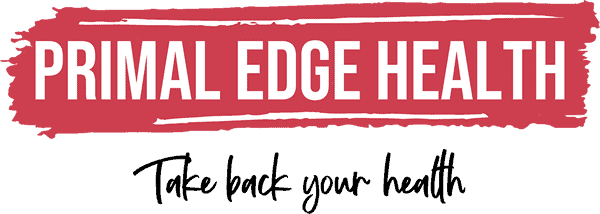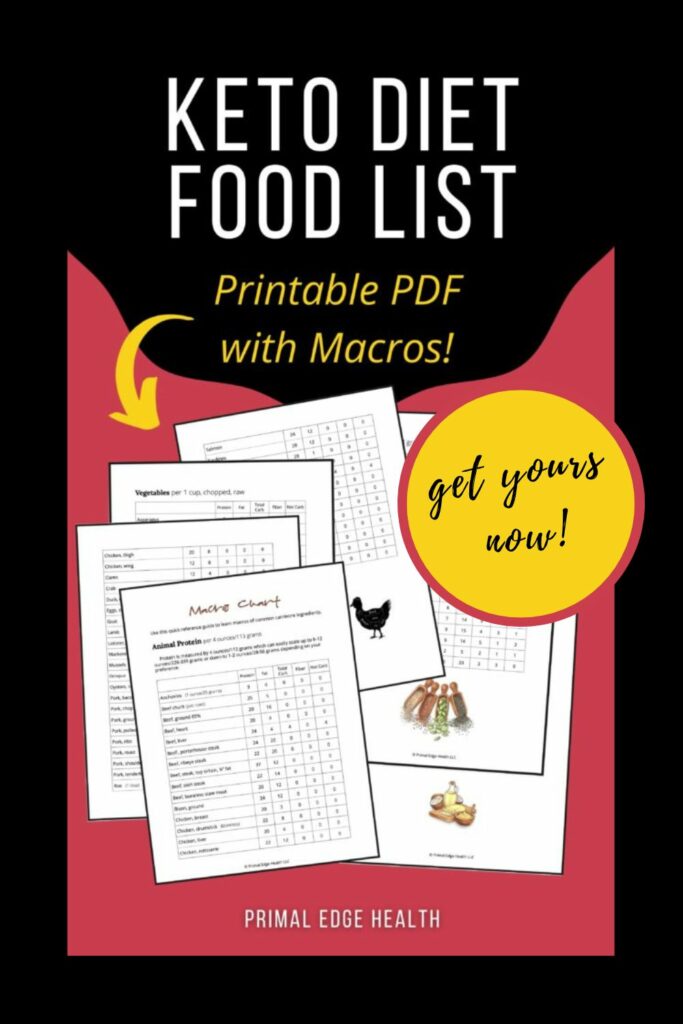The metabolic state of ketosis is known for helping people burn fat, so why would you not be losing weight on a keto diet?

Transformation stories of losing 20 pounds in the first two weeks of a keto diet, 50 pounds in a few months, and 100+ pounds in a year are posted all over social media. These are impressive and real stories but not necessarily the norm. Depending on your situation, you may or may not achieve similar results.
As long as your number is dropping steadily, there’s no harm in going slow. Some of us are “slow losers”, our weight loss is affected by stress, poor sleep, and other influential lifestyle factors.
Weight loss is rarely a straight liner drop, but more closely resembles a sine wave. You may notice fluctuations up and down in your weight but as long as the overall trend is downward, you’re on track. If the scale stops moving entirely and you are not losing weight on a ketogenic diet for more than two weeks, then you’re at a stall or “plateau”.
If your weight loss is a
Table of Contents (click to view)
5 Reasons You’re not Losing Weight on Keto
First, let’s quickly define the objective. More specific than “weight loss”, we want FAT loss. No one here is trying to lose bone mineral density or lean muscle mass (aka weight). We want to target the fat and get it off!
Now let’s take a look at common problems.
Not getting enough protein
Protein is the most important macronutrient to focus on. Whether you’re on a ketogenic diet or a carbohydrate-based diet, everyone has a minimum requirement of protein.
Once you’re getting an adequate amount of protein, you’ll be left feeling satiated for a longer period of time. Hunger levels will drop, carbohydrate cravings will lessen, and you will be able to burn body fat effectively.
Action step: Add more protein to your next meal. Follow our macro guide to find your correct range of protein in relation to fat and carbs.
Overeating on fat
The only aspect needed for the body to enter into a state of ketosis is a restriction of carbohydrates. Unfortunately, there is widespread misinformation in the
A calorie deficit ensures fat loss. Overeating on fat will not help with weight loss and can bring about a stall in weight or even weight gain. Calories still count on keto.
ACTION STEP: Cut your fat macros down by 15 to 30 grams (1 to 2 tbsps). Follow our macro guide to find your correct range of fat in relation to protein and carbs.
Overconsumption of Hidden Carbs
Eating low quality processed keto junk foods, such as quest bars and even beef jerky, can contain a high amount of hidden carbs and sugars. Make sure you know what is in the food you are consuming.
Learn how to make from-scratch meals and snacks instead of packaged keto junk foods. For ketosis, the only carbs in your diet should be low glycaemic vegetables and fruits. Some people choose to go for a more carnivorous approach without carbohydrates at all and find it works even better than keto.
ACTION STEP: Cut the crap! Stop buying processed keto junk food and quick, convenient snacks. Learn to make them yourself or eat larger meals of protein, healthy fats, and low-carb ingredients without snacking.
Not tracking your macros
After reading the first three points about macros, you should have a good sense that tracking macros and caloric intake matters for fat loss. A caloric deficit is needed in order to lose weight, even with a ketogenic diet.
Having a solid foundation of meats, seafood, and eggs will make it easy to track your daily macros and ensure that you’re getting enough protein to feel full throughout the day. Keep your meals simple and learn the macros for your common everyday ingredients.
Meal planning specifically for your macros will help you stay within the target range and under a calorie deficit so you can lose that body fat!
ACTION STEP: Use this keto food list with macros and our worksheets for how to track macros on keto. These are the cheat sheets you need to get back on track!
You are in a rush
Refining habits takes time. It takes years for the weight to creep up, and it can take some time to lose fat also. A few days to a few weeks may pass before adapting to a ketogenic diet. The first few weeks may move slower than you like, but hang in there, the best is yet to come.
If you’re basing your success on a single number and obsessing over a daily weigh-in, it is easy to become disheartened when the dial doesn’t move fast enough. Cheer up by noting all the non-scale victories in your life. Find success beyond the scale. Getting rid of sugar cravings, sleeping better, and feeling more emotional are impactful and deserve to be appreciated.
It is also possible to gain muscle while losing body fat. If you work out and build strength, body composition will improve even though the total weight does not decrease.
ACTION STEP: Be patient and keep an objective view on changes.
Conclusion
A ketogenic diet isn’t an automatic fat loss inducing diet, but if done correctly, it does make fat loss pretty easy and enjoyable.
The key is to be patient and persistent. Keep a realistic perspective and judge your results as objectively as possible. Progress tracking guides for body measurement, mood, and macros are helpful tools to graph the big picture over time. Use them!
Finally, we are way more than what we eat. Diet plays an important role in fat loss, but it isn’t always the end all be all. Rest, proper circadian rhythm, natural light exposure, and stress all play a role in your body’s ability to adapt to new changes and achieve
If you are looking for specific advice, dialed into your unique situation, participate in our next Keto & Carnivore Collective. See upcoming dates here for our group coaching session where you get custom advice from hands-on, dedicated coaches in a supportive environment of like-minded people. We dive deep into optimizing diet, sleep, movement patterns, circadian rhythm, environment, stress management and more.


I am getting quite disheartened with the weight loss…. not that i have loads to lose say 7 to 14 lbs. But i am nearly 6 weeks in and i am where i was 6 weeks ago. Maybe i’m eating to much i don’t know but i am thinking of giving in on the whole thing now. Any ideas are more than welcome. thanks
Hi Jo – at some points the weight loss can go very fast and at others it feels like forever. If you are a Facebook user, you might benefit from joining our group as there are a lot of similar stories and suggestions from all of our clients. It can be a very “bolstering” environment 🙂
While a keto diet has reduced me by 2 clothing sizes over about 10 (?) months, I’ve just realized that I’m better off due to thyroid issues to boot up to around 50 to 60 carbs daily and perhaps lose more slowly, but perhaps not. Here is where fasting is invaluable.
Yes, this is true about carbs and thyroid! They can help in this context. I’m glad you are learning what is best for your body!
I would add stress as cortisol levels can prevent weight loss. Also severe constipation